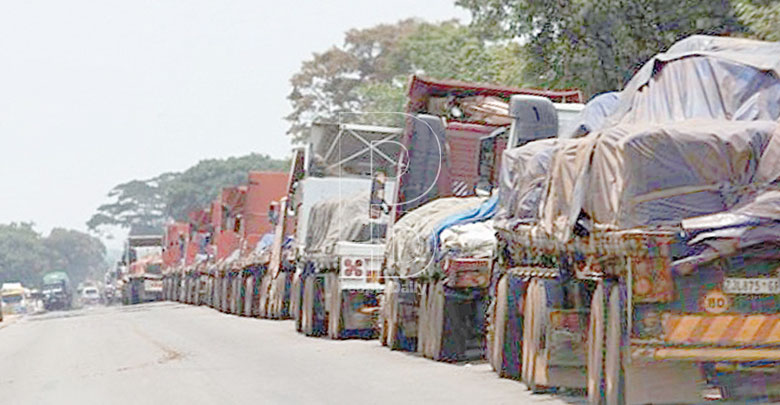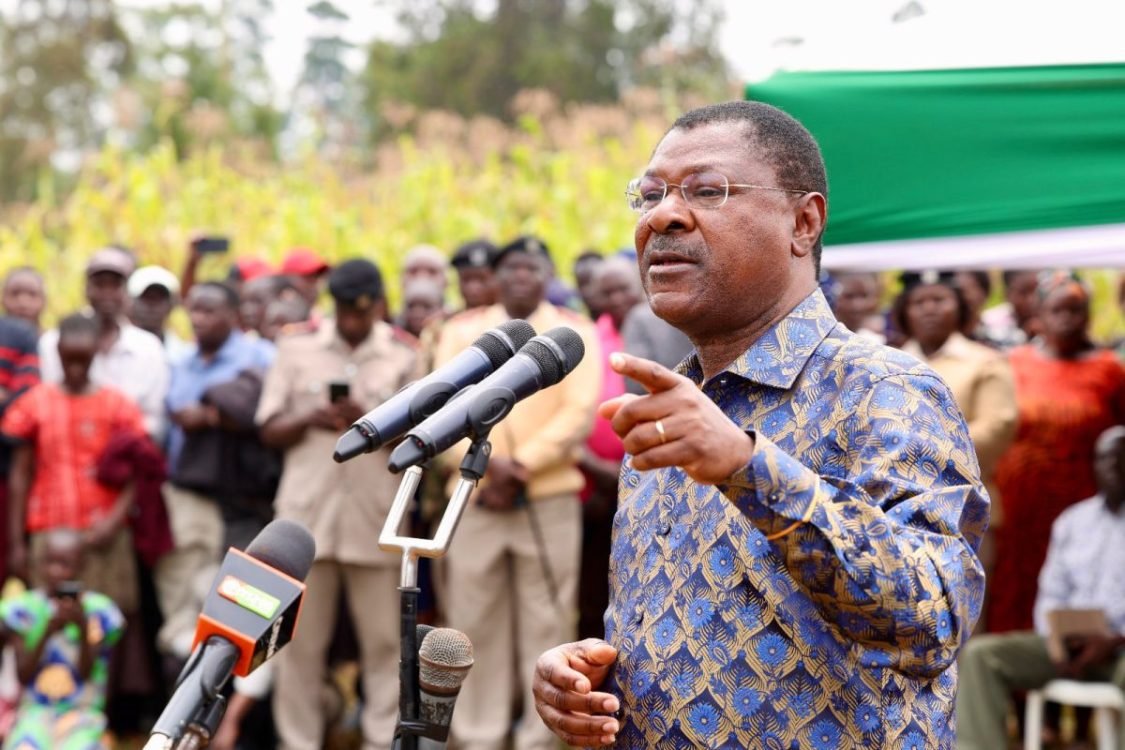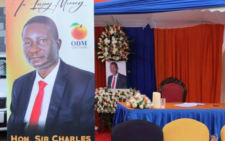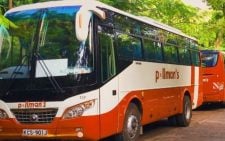MPs raise alarm over 27 barriers delaying transit

A committee of the National Assembly has raised concerns over the existence of 27 police road blocks along the northern corridor even as it raised concerns over the operations of various border posts in the country.
The committee on regional integration chaired by Kipipiri MP Wanjiku Muhia noted that road blocks have continued to negatively affect trade at Mombasa port as they have contributed to delay of goods transiting.
According to the committee the said road blocks should be removed to enable ease of movement of goods.
“Within six months the ministry of interior and National Administration in conjunction with Kenya Revenue Authority should enforce earlier directives on police road blocks along the Northern Corridor and submit a report on the same to the National assembly,” said the committee
In its report tabled in the National Assembly, the committee also raised concerns over the existence of six weighbridges erected at the northern corridor saying this makes tracks delay in delivering cargo to their destinations on time.
According to the committee the weigh bridges ought to be removed and be left only with one at the point of entry and another one at the point of exit.
Further the committee raised concerns that some of the commodities that Kenya exports to Tanzania across the Taveta Border are finished goods which are already taxed in Kenya yet the said goods despite them being taxed in Kenya they are also taxed in Tanzania.
The recommendations of the committee follows inspection of various projects carried out by the East Africa community and One Stop Border Posts (OSBP) in Kisumu Busia, Migori, Mombasa, Taita Taveta counties.
According to the committee to improve service delivery at the various posts, there is a need to increase funding to the said sector in order to address institutional challenges such as low staffing, inadequate resources, poor infrastructure and lack of Key facilities including cargo scanners at the borders shared by the custom officers.
With regards to the Kenya Airports Authority (KAA) in Mombasa which has a capacity to handle 45 million metric tonnes of cargo yet it is currently operating at 33 million tonnes, the port has several challenges including non-tariff barrier, overlapping multi agency roles which has created unnecessary bureaucracies as currently four agencies as re operating inside the port and 23 others are operating outside the vicinity of the port as they were removed.
Others are counterfeit goods where some food considered as counterfeit in Kenya are not considered as counterfeit outside, security along the corridors as well as the introduction of Value Added Tax (VAT) has made vessels not fuel at the port hence reduced business.
At the Mariakani weighbridge the committee noted that there is a need to address low monitoring networks which require capacity enhancement, low fines imposed by some courts which are not deterrent enough to discourage overloading and low funding to enable the rolling out of more virtual stations.
With regards to Taveta /Hollil one stop border posts, the committee regretted that there is no allocation of budget from the National Government to run the facility and thus the huge costs of running the stations are met by Kenya Revenue Authority (KRA) alone.
“This leads to strain on KRA resources in an attempt to meet the costs of running the OSPB despite the fact that the facility serves 13 government agencies separate and with different mandates from KRA,” adds the statement.
At the Kenya Malaba border, the committee raised concerns over the various challenges including the incomplete civil works on the Kenyan side which has led to a delay in the full utilisation of facility, the pending infrastructural facility such as the drainage, installation of scanners and weighbridge , unreliable power supply which makes the entire facility poorly lit and ineffective at night, lack of institutional housing for KRA staffers, leakages during the rainy season, persistent lack of water due to inadequate supply of the boreholes
Others are existing public abolition being too far from passengers entering the facility, lack of a big parking yard as the existing one can only accommodate 100 tracks compared to Uganda which can accommodate 2000 tracks while the verification yard is too small as it can only handle 4 tracks affecting outgoing traffic which contributes to concessions.
With regards to the Isebania border, the report notes that the traditional process of stopping on either side of the border for relevant border agencies control have resulted in inefficiencies and delays at the border.









